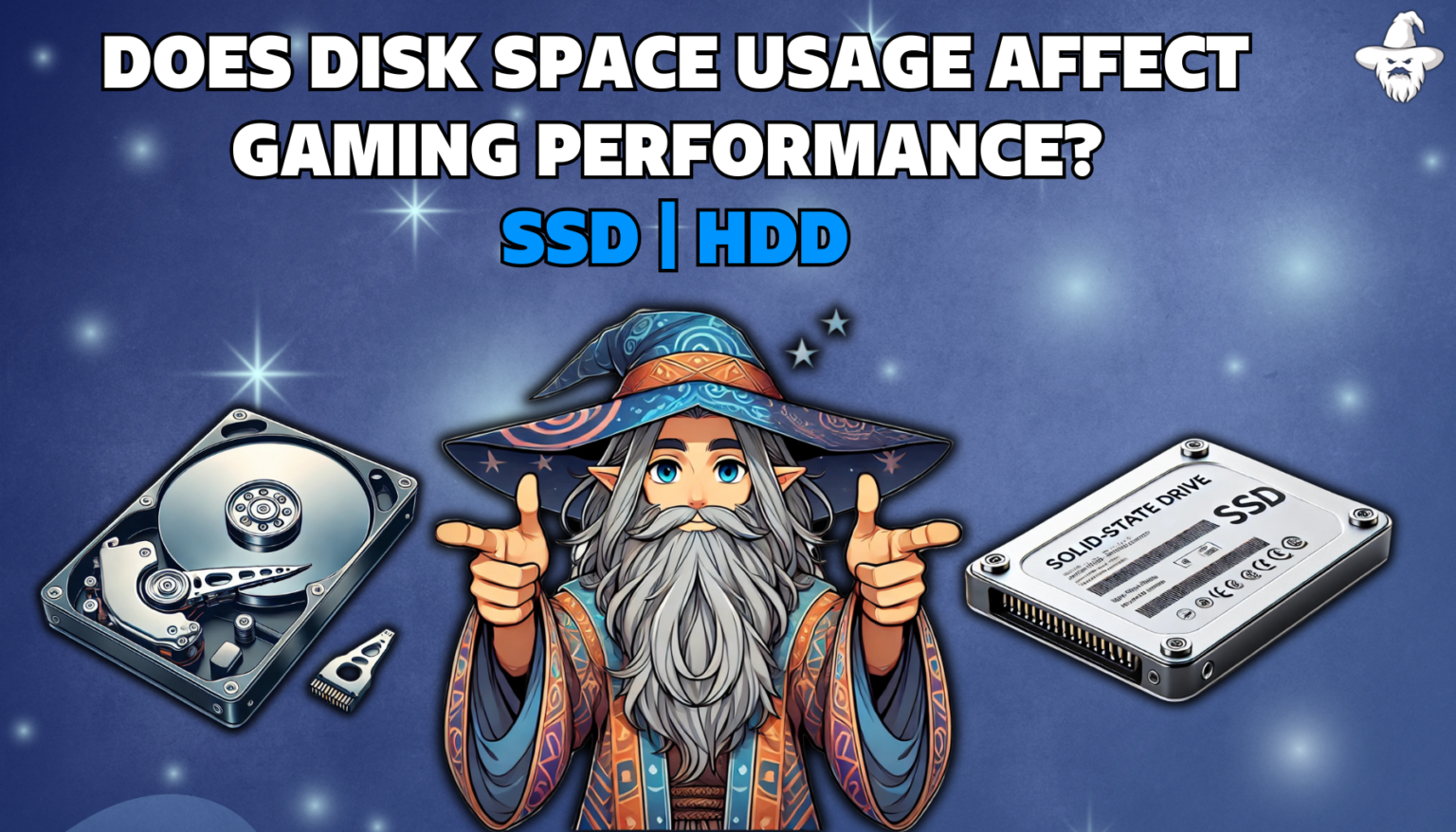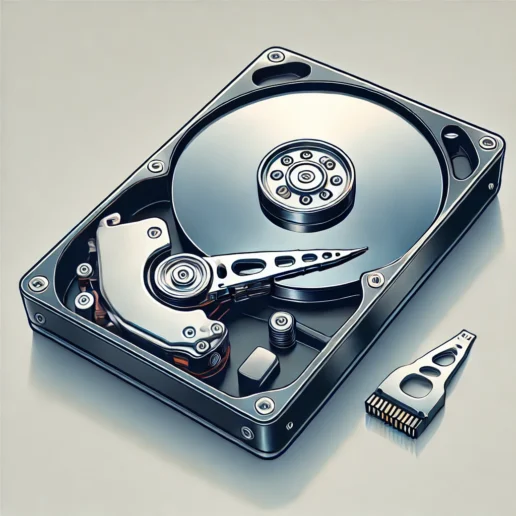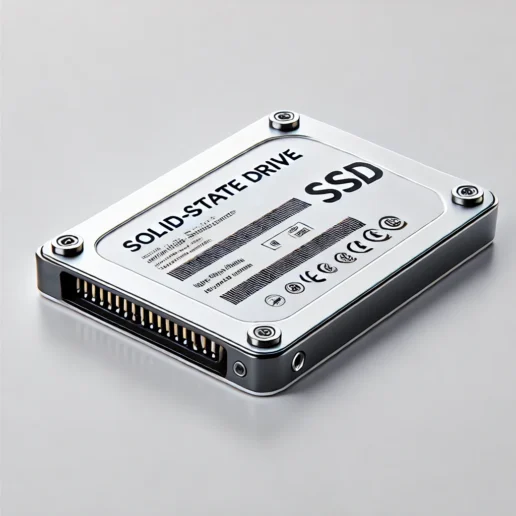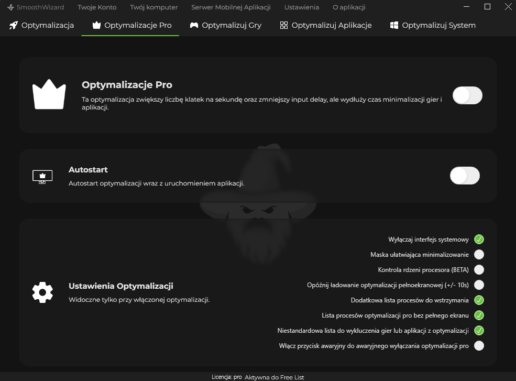1. Why Does Disk Space Usage Affect Performance?
Every storage drive, whether HDD or SSD, requires free space to function properly. Here’s how a full disk can impact performance:
1.1 HDDs
- File Fragmentation: On traditional hard drives (HDDs), excessive usage leads to file fragmentation. Fragmentation increases data access time, which can result in longer loading times for games.
- Strain on Platters: A full HDD makes it harder for the read/write head to quickly locate data, increasing delays.
1.2 SSDs
- Performance Drops When Full: SSDs maintain high performance even under heavy usage but may slow down when free space drops below 10–15%. This happens because SSD controllers require free blocks for efficient data writing (wear leveling).
- No Fragmentation: Unlike HDDs, SSDs don’t suffer from file fragmentation, making their performance less dependent on disk usage.
2. How Does Disk Space Usage Affect Gaming?
2.1 Longer Loading Times
Games store large amounts of data (worlds, textures, sounds) that need to load quickly from the disk. On a full HDD, loading times can be noticeably longer.
2.2 FPS Drops and Micro-Stuttering
During gameplay, the system often accesses data from the disk. Full HDDs or SSDs with minimal free space can cause micro-stuttering, especially in open-world games.
2.3 Issues with Game Updates
Overfilled disks can prevent downloading and installing game updates, which can be frustrating for players.
3. How to Optimize Disk Space for Better Gaming Performance
3.1 Keep Free Space Available
- HDD: Keep at least 15% of the disk space free.
- SSD: Aim for 10–15% free space for optimal performance.
3.2 Defragment Your HDD
- Open Disk Cleanup in Windows.
- Select Defragment and Optimize Drives.
- Defragment only HDDs – SSDs do not require this!
3.3 Use SSDs for Games
If possible, install games on an SSD. Benefits include:
- Faster world loading,
- Minimal micro-stuttering,
- Improved responsiveness during gameplay.
3.4 Use SmoothWizard for Optimization
4. SSD vs. HDD – Which Is Better for Gaming?
| Feature | SSD | HDD |
|---|---|---|
| Loading Times | Very fast | Slower |
| Performance Drops | Rare below 10–15% | Frequent when full |
| File Fragmentation | None | Yes |
| Cost per GB | Higher | Lower |
Conclusion: SSDs are the best choice for gamers who value speed and smoothness, while HDDs are better suited for storing less critical files.
5. Conclusion
A full disk, whether SSD or HDD, can negatively impact gaming performance, leading to longer loading times, micro-stuttering, and FPS drops. To avoid these issues, maintain free space on your drives and consider installing games on SSDs. The SmoothWizard app can further optimize your system, ensuring better performance and smoother gameplay.







